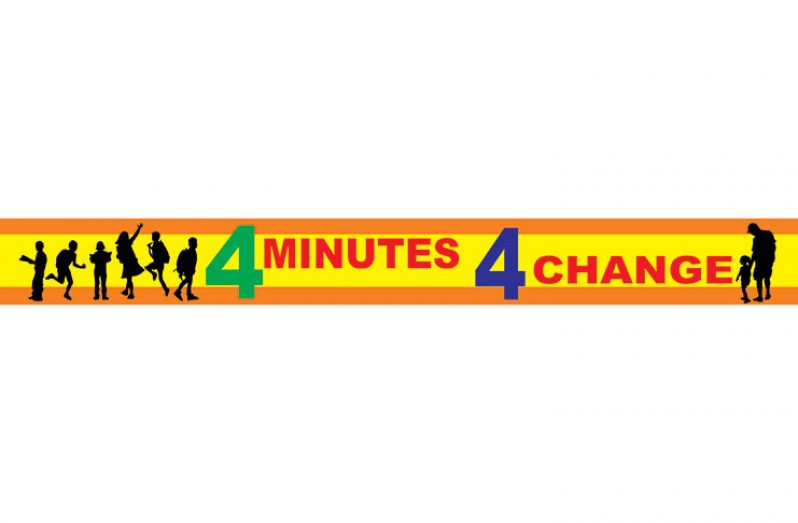SOME parents believe that ‘making a child’ and providing basic amenities (food, clothes and shelter) gives them an explicit right to treat that child in whatever way they choose, but they are wrong. Children have rights and those rights need to be upheld. In addition to ‘rights’, children are protected by the law. Many parents are not aware that a lot of the treatment they meted out to children on a daily basis falls under the category of ‘child abuse’. The maltreatment of children has a negative effect on their development and parents who behave in this way are in fact breaking the law.
Verbal abuse is one example of child abuse that is very often over-looked.
Jonathan’s story – As a child my father was always putting me down and criticising me but I didn’t actually realise that the way he spoke to me was different from the way other fathers spoke to their sons. What I did know howeverwas that he made me feel bad about myself. I spent most of my childhood feeling weak and useless. I remember making special efforts to please my father in the hope that he would be proud of me but it seemed the harder I tried the more he would find something to criticise.
I was almost 28 before I realised the way my father spoke to me was abnormal, however this realisation did not stop me from wanting to please him and make him proud of me. Now I am nearly 49 and I still haven’t recovered from the impact his verbal abuse has had on my life: I still second-guess everything I do, my confidence is poor and I always believe someone will criticise my efforts. The only difference is that now I can see it for what it is: I realise why I behave and think the way I do.
Although many children are verbally abused on a daily basis, verbal abuse is somewhat accepted in our society because there are those who cannot see the psychological and emotional damage that is being done to the child and in Guyana children are somewhat encouraged to be ‘thick skinned’.
Emphasis is always being made on children being able to stand up for themselves and stand their ground in an argument. Therefore in most cases saying hurtful things to a child, (whether they are meant or not), would be seen as ‘just something the child needs to ‘get over’. But getting over the derogatory words that someone uses consistently, which can break you down, is much easier said than done, as we can see from Jonathan’s story; he is still being affected by childhood verbal abuse even as an adult.
There is an old adage: ‘sticks and stones may break my bones, but words shall never hurt me’. In fact words could do much worse than sticks and stones, as broken bones can mend, while some words can damage a person for life. Children may be unaware of the damage that is being done to their development through verbal abuse. They may realise that something makes them feel repressed and/or belittled or that they are not being allowed to fully express themselves, but they may not connect those feelings to the fact that they are consistently being verbally abused.
Because we all respond more deeply and quickly to criticism than they do to praise, let us as adults make a conscious effort to use only positive words to children. Even in reprimanding them, let our ‘chosen’ words be about the child’s behaviour rather than about him/her. While children are developing and learning about life and their place in the world, it is our responsibility as adults to give them the best experiences possible.
If you are concerned about the welfare of a child call the Childcare and Protection Hotline on 227 0979 or write to us at childcaregy@gmail.com
A message from the Childcare and Protection Agency, Ministry of Social Protection




.png)









